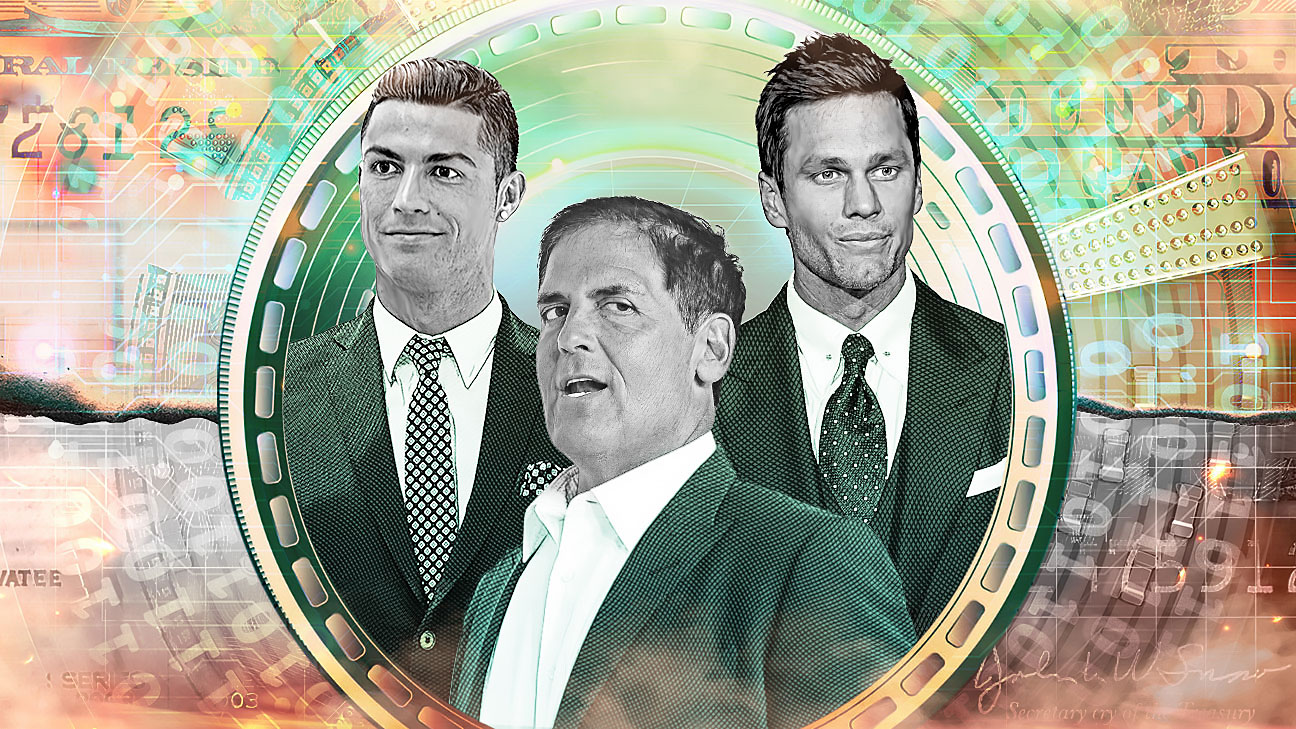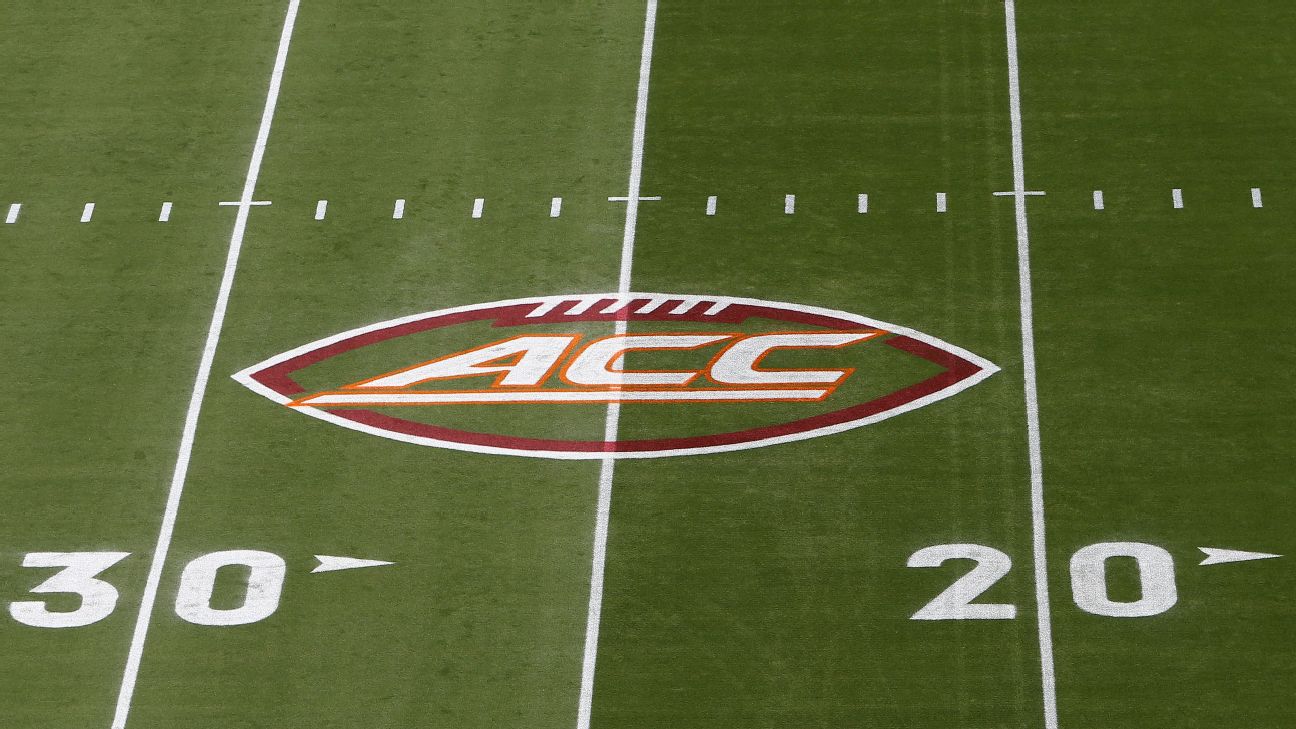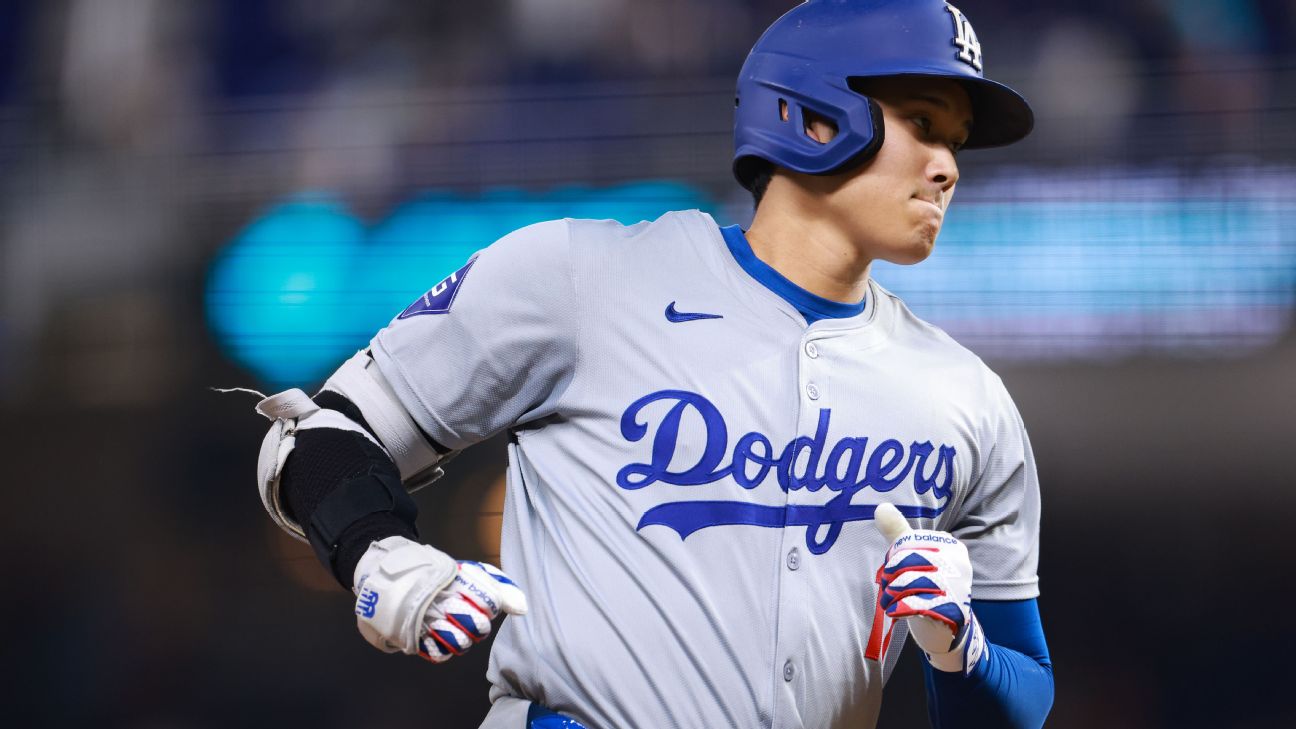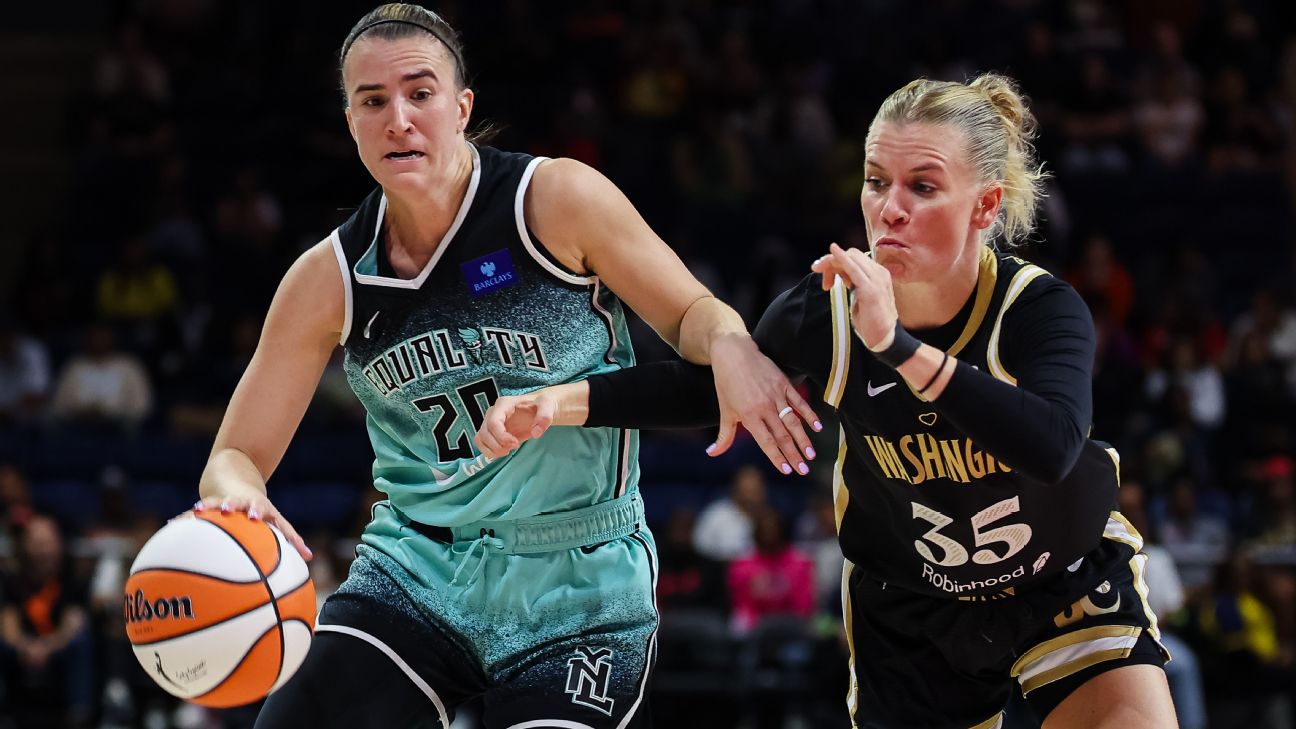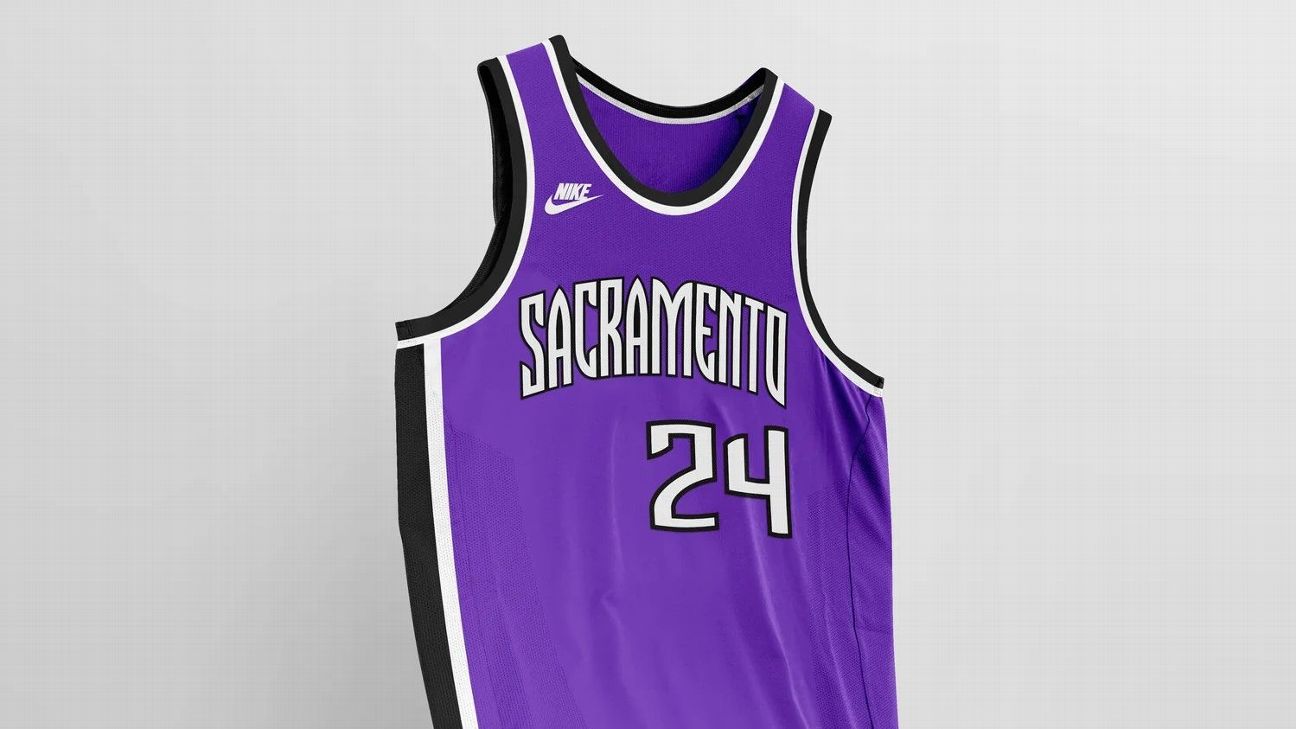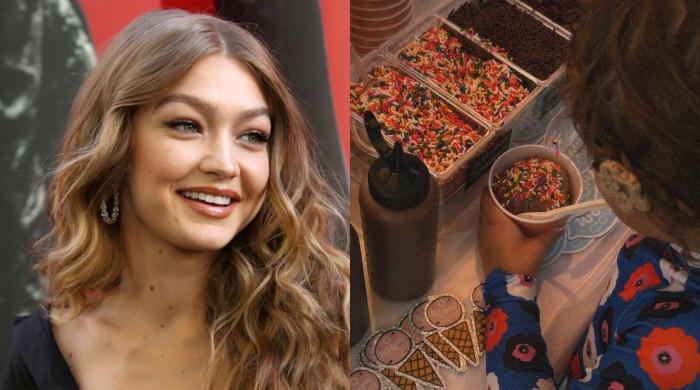The 25-year sentence for FTX founder Sam Bankman-Fried last week ended one criminal chapter in the implosion of one of the world’s biggest cryptocurrency exchanges. But several civil lawsuits — including three that name prominent sports figures — will likely take months or years more to unwind.
Nearly a dozen athletes, teams, leagues and other sports figures are named in class-action litigation tied to their endorsement of FTX, Voyager Digital and Binance, companies that collapsed when crypto markets crashed in 2022.
The lawsuits, some of which have been moving through the courts for more than a year, allege the defendants are responsible for investor losses in crypto because they promoted cryptocurrency assets that were “unregistered securities.” Plaintiffs also allege that the defendants failed to adequately disclose the compensation they received for touting the companies.
A handful of athletes and celebrities, including Jacksonville Jaguars quarterback Trevor Lawrence and former NFL tight end Rob Gronkowski, have moved to settle claims against them. Others, including retired quarterback Tom Brady, former Dallas Mavericks majority owner Mark Cuban and soccer star Cristiano Ronaldo, remain as defendants. If plaintiffs prevail, defendants could be cumulatively liable for millions — or even billions — of dollars in damages, plaintiffs’ attorneys say.
Brady, who appeared in TV ads with his then-wife, supermodel Gisele Bundchen, has said his promotional efforts on behalf of FTX didn’t involve the sale or solicitation of the alleged securities, and that he had no knowledge of FTX’s fraud. His lawyers also argue that “no reasonable consumer would confuse these promotions for anything other than paid endorsements.”
Cuban has argued that the assets he promoted for the now-bankrupt Voyager Digital weren’t securities and as such were not subject to regulations related to promotional activity. Cuban also has argued that the court where the case is filed doesn’t have jurisdiction over him.
Ronaldo, who is named in a complaint with damages “for a sum exceeding” $1 billion related to his promotion of the crypto platform Binance, has yet to respond to the claim that he “lent his celebrity and credibility” in promotions without disclosing that he was paid.
Cuban declined to comment when reached by ESPN. None of the other current defendants responded to requests for comment from ESPN.
The legal strategy in the cases, all led by lawyers Adam Moskowitz and David Boies, hinges on a question that has hung over the crypto industry for the past decade: whether cryptocurrencies are securities. If so, promotion and sales would fall under a set of rules and regulations designed to protect the public.
“It’s not like selling sneakers,” Charles Whitehead, a securities regulation expert and professor of business law at Cornell Law School, said. “You’re now selling a financial instrument. And there are rules. This is a heavily regulated industry. There are rules that regulate people, spokespeople, who, for compensation, are running around and touting a security. And so arguably, that’s what the athletes have been doing.”
Courts determine whether an asset qualifies as an “investment contract” and therefore governed by U.S. securities law through the Howey Test, established by the U.S. Supreme Court in 1946. According to the test, if there is an investment of money in a common enterprise with an expectation of profits based on the efforts of others, then an asset is considered a security. More informally, a security is an investment in an organization or enterprise that carries the risk of monetary losses, which are based on the performance of others — think stocks and bonds.
According to federal securities law, those who advertise a security must fully disclose the nature, scope and amount of compensation received for advertising, or be in violation of its anti-touting regulations.
The U.S. Securities and Exchange Commission, which enforces securities law, has argued that most cryptocurrencies and other digital assets fall under the definition of securities. But the issue is not settled law yet.
During crypto’s boom, which began in late 2020, athletes were among the most prominent ambassadors of cryptocurrencies and their exchange platforms — such as FTX, Voyager Digital and Binance. Brady and NBA star Steph Curry joined Hollywood stars such as Larry David, who appeared in ads and posted on social media.
But in 2022, a crash in the crypto markets spurred a run on crypto exchanges, and many companies couldn’t keep up with customer withdrawal demands. Voyager filed for bankruptcy in July of that year. By November, FTX, then one of the largest crypto exchanges in the world, once valued at $32 billion, had also filed for bankruptcy.
Regulators and law enforcement pounced. In 2023, the SEC sued Binance, the world’s largest crypto exchange, alleging the company operated an illegal trading platform and misused customer funds. Its founder Changpeng Zhao ultimately pleaded guilty to “failing to maintain an effective anti-money laundering program,” and a judge ordered the company to pay $4.3 billion in criminal penalties.
Bankman-Fried, the founder of FTX, was found guilty in November 2023 on seven counts of fraud and conspiracy tied to the collapse of his company.
The fallout also led to several class-action lawsuits against athletes and celebrities who promoted Voyager, FTX and Binance. All of the cases have been filed in the U.S. District Court for the Southern District of Florida.
Moskowitz and Boies claim damages from the companies’ collapses are in the billions. Moskowitz told ESPN that, according to the bankruptcy court’s calculations, total investor losses are around $3 billion in Voyager Digital and $10 billion in FTX. A jury could ultimately decide the defendants’ fates, or the lawsuits could settle out of court. The amount for which each defendant could be held liable remains unclear.
The Voyager Digital lawsuit names Mark Cuban and the Dallas Mavericks as defendants. Gronkowski, former NBA player Victor Oladipo and NASCAR driver Landon Cassill were previously named as defendants, but they have since moved to settle.
Cuban is accused of inducing the plaintiffs to open interest-bearing accounts with Voyager Digital when he said during a Mavericks news conference in October 2021 that he had personally invested in the company. The Mavericks later tweeted that customers who downloaded the app, created an account, deposited $100 and made one trade would receive $100 in free bitcoin.
In filings responding to the claims, attorneys for Cuban said, “Cuban stated individuals should ‘always be careful’ with their money and avoid ‘rush[ing] into’ making significant deposits with Voyager.” Cuban also claims the Voyager assets in question “are not securities.”
Cuban and his lawyers have said that the court where the case has been filed has no jurisdiction over Cuban and the team partly because they didn’t target Florida customers.
Moskowitz said Cuban stands to assume “much more liability” than other celebrities involved in the class actions because of his “level of involvement.”
“He’s not just doing an advertisement. I mean, he’s the global partner of [Voyager Digital],” Moskowitz said.
Cuban has said that he personally had no agreement with the company and acted only in his capacity as governor of the Mavericks.
Cuban, who last year sold a majority stake in the Mavericks to casino magnate Miriam Adelson, and the team have filed a motion to dismiss. A trial date has been set for November.
The NBA also has been named as a defendant in a separate case involving Voyager, which claims the league’s “widespread promotion of Voyager’s unregistered securities” makes it liable for damages. The NBA has not responded in court filings, and the case has been stayed pending a decision on the motion to dismiss the case against Cuban. Both cases share the same judge.
Lawyers listed for Cuban, the Mavericks and the NBA did not return requests for comment.
The FTX class-action lawsuit names defendants including Brady, Curry, Los Angeles Dodgers slugger Shohei Ohtani, basketball Hall of Famer Shaquille O’Neal and Japanese tennis star Naomi Osaka. The celebrity athletes and teams have been accused of “[contributing] both to the perpetration of the fraud [by FTX], and to the sale of unregistered securities, in a vital way,” without disclosure of the amount and form of payment received.
A judge is due to rule on preliminary objections from the defendants on jurisdictional issues and other basic motions before proceeding to discovery and deposition of defendants.
Brady, in his individual motion to dismiss the case, argues that his general promotion of FTX did not mention the “allegedly unregistered securities” and that the company’s collapse “harmed” him as well. He also says that “no reasonable consumer would confuse these promotions for anything other than paid endorsements.”
The defendants have said in filings that the lawsuits do not allege the plaintiffs “made such purchases as a result of viewing an advertisement involving” the athletes. Osaka and Curry argued that they are not subject to the court’s jurisdiction. O’Neal has said he never mentioned the alleged securities in any of his promotions, “let alone that he sold or solicited the sale of these products.”
Attorneys for Ohtani also argued he’s not in the court’s jurisdiction and that his agreement with FTX was to promote the company in the Japanese market. They argue that Ohtani didn’t say a word in two internet ads for FTX and thus couldn’t have misled the plaintiffs.
The parties are awaiting a ruling from the judge on the jurisdictional questions, as well as on the defendants’ motion to dismiss.
Spokespeople and lawyers listed for Brady, Curry, Ohtani, O’Neal and Osaka did not return requests for comment.
The complaint against Cristiano Ronaldo involving Binance, filed late last year, alleges that the Portuguese soccer star “continuously lent his celebrity and credibility” to the crypto platform by promotions and through his NFT collections on a site that required customers to sign up and put money in their accounts. The lawsuit also alleges that he did not disclose the amount or form of payment for his promotion of Binance “securities.”
Another Binance lawsuit filed last year names NBA player Jimmy Butler as a defendant. Butler has filed a motion to compel arbitration or dismiss the case, with his lawyers saying in a filing that Butler “could not have caused any alleged injury because the statements attributed to him are neither untrue nor misleading, bespeak caution, constitute immaterial puffery, do not promote or even mention any alleged security identified in the Amended Complaint and certainly do not encourage investment in them.”
Ronaldo has not responded to the claims in court filings, and spokespeople for Butler and for Ronaldo did not return requests for comment.
The cases are currently awaiting a decision by a judge on whether an “arbitration agreement” in the Binance terms of use is binding. The clause generally stipulates that the parties must bring their claim in front of an arbitrator rather than a judge or jury.
Judges in different federal court circuits have ruled inconsistently on whether cryptocurrencies are securities, and because each case is unique, experts in the industry are unsure of whether the legal argument posed by Moskowitz and Boies will fly.
There is also no “one size fits all” when it comes to celebrities’ best defense, Whitehead said.
The SEC has been clear in its belief that the vast majority of tokens and digital assets in the crypto market are securities.
As early as 2017, the SEC issued a warning that cryptocurrency products could be considered “securities,” and that celebrities could be held liable under federal securities law for promoting them without disclosing “the nature, scope, and amount of compensation received in exchange for the promotion.”
In 2018, the SEC announced charges against DJ Khaled and boxing champion Floyd Mayweather Jr. for “failing to disclose payments they received for promoting investments in Initial Coin Offerings (ICOs).” Both settled the cases without admitting or denying the SEC’s findings. Then, in 2022, the SEC charged Kim Kardashian with touting a crypto asset by EthereumMax without disclosing payment she received. Kardashian settled the case for $1.26 million in penalties. Similarly, NBA Hall of Famer Paul Pierce paid $1.4 million in 2023.
“This case is yet another reminder to celebrities,” SEC Chairman Gary Gensler said after Pierce’s settlement. “The law requires you to disclose to the public from whom and how much you are getting paid to promote investment in securities, and you can’t lie to investors when you tout a security.”
The crypto industry has argued that the Howey Test is too outdated to be the standard for cryptocurrencies. Others argue that cryptocurrencies are commodities, and therefore should be regulated by the Commodity Futures Trading Commission.
Bitcoin, one of the most popular cryptocurrencies, is classified by the CFTC as a commodity, a categorization accepted by the SEC.
“Bitcoin is mature enough at this point that it doesn’t have that kind of centralized managerial efforts of others. That’s what moves it into that commodity space,” said Hermine Wong, a lecturer at the UC Berkeley School of Law and former director of policy at Coinbase.
The SEC continues to debate the question in its case against crypto giant Coinbase, who the SEC claims operated as an unregistered securities exchange. But the matter ultimately may have to be settled by the U.S. Supreme Court, or by congressional laws.
“[Moskowitz and Boies’] litigation strategy is certainly a very appealing one, but it’s also a risky one, clearly, because it does depend on all of these external dynamics playing out,” said Yesha Yadav, a professor at Vanderbilt University Law School.
Moskowitz said he isn’t looking for a “home run,” rather a “reasonable settlement.”
But athletes are likely to tread carefully around endorsements in the future, said Peter Carfagna, a lecturer at Harvard Law School, who formerly worked as outside counsel to the Cleveland Browns and Cleveland Cavaliers’ ownership groups.
“I don’t think any celebrity in their right mind is going to go near this ever again,” he said.
ESPN’s Tisha Thompson and John Mastroberardino contributed to this report.

 Technology6 مہینے ago
Technology6 مہینے ago
 Pakistan7 مہینے ago
Pakistan7 مہینے ago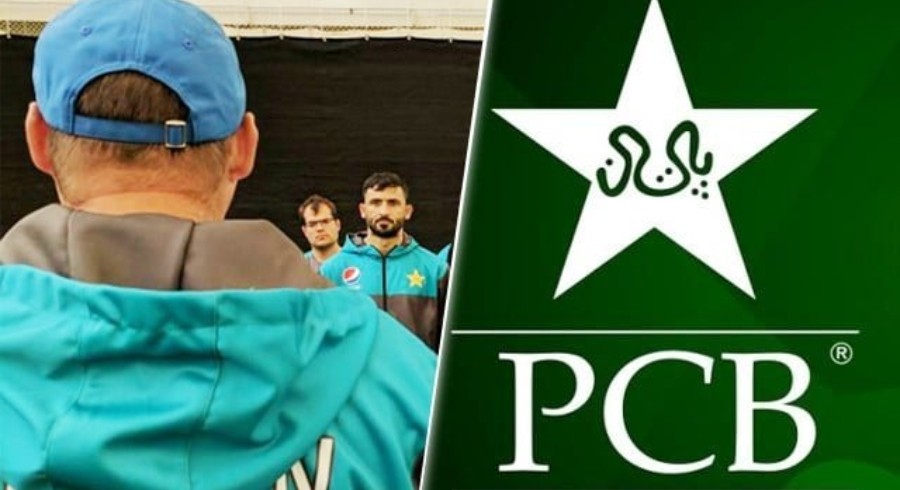
 Sports6 مہینے ago
Sports6 مہینے ago
 Pakistan6 مہینے ago
Pakistan6 مہینے ago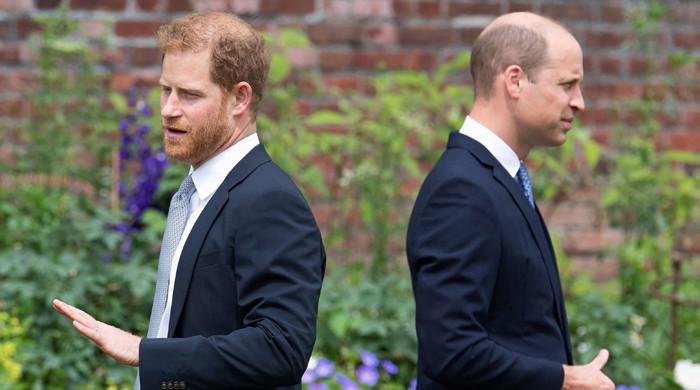
 Entertainment6 مہینے ago
Entertainment6 مہینے ago
 Pakistan6 مہینے ago
Pakistan6 مہینے ago
 Sports5 مہینے ago
Sports5 مہینے ago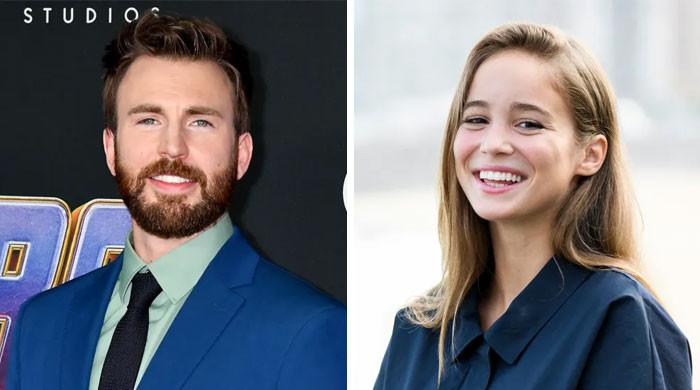
 Entertainment6 مہینے ago
Entertainment6 مہینے ago
